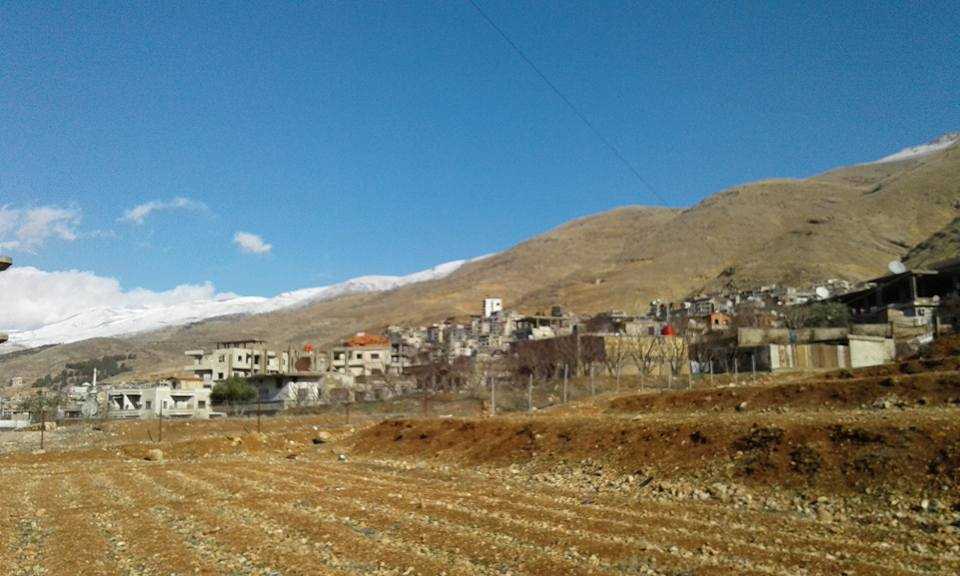Madaya residents plant vegetables to stave off hunger
Madaya, best known for dozens of citizens who have died […]
16 February 2016
Madaya, best known for dozens of citizens who have died of starvation while trapped inside the encircled town, has few options these days when it comes to food. A ceasefire signed last fall stipulated aid deliveries, but not how many or when. The road to the town, 20km northwest of Damascus, remains closed.
Some residents are hoping that a new initiative to plant and sow seeds donated by a Turkish aid organization will ensure a modicum of food security for the besieged city.
Despite a recent international agreement calling for “immediate humanitarian access” to Madaya, local residents are not counting on the regime to keep them alive.
“The regime is going to procrastinate. We have seen them do it so many times in the past,” Abdelwahab Ahmed, and activist with the Madaya-based NGO called, told Syria Direct’s Nisreen Naser on Tuesday. [See Syria Direct’s report on Madaya and Amerha here.]
The micro-farming project is being coordinated by Amerha and Turkey-based Aseeraj for Development and Aid, which purchases the seeds that then enter Madaya via traders in contact with regime and Hezbollah soldiers encircling the town.

The harvests, the first of which is expected in April, are a buffer against starvation, Ahmed says.
“We don’t want to relive the tragedy we just lived through.”
Q: Tell us about the farming project.
When the project first began, it was simply a few people growing small crops in cans and flower pots in their homes. Later, when we were able to get more seeds and financial assistance, we expanded the project.
The soil here in Madaya is very fertile and people are planting in small plots of land in front of their homes. We hope to use all of the land we have access to in the area and we expect the first crops to be ready for harvest in April.
Q: Will you have to rely on these harvests given the recent international agreement calling for a ceasefire and “immediate humanitarian access” to besieged areas like Madaya?
The regime is going to procrastinate as we have seen them do so many times in the past. We don’t want to relive the tragedy we just lived through.
Q: What challenges have you faced in implementing this farming project?
The main challenge is that the regime does not allow us to bring in winter crops that can be stored such as wheat, beans or legumes. If they allowed those crops in, then they wouldn’t benefit from the siege at all.
The crops we do receive—through traders who work with the regime and Hezbollah—are those that cannot be stored for a long period of time such as eggplants, tomatoes, peas, spinach, lettuce, parsley and coriander.
On the other hand, we haven’t faced any shortage in manpower because all the people in the area work in farming and have a lot of experience in this area. Plus planting in the winter months helped us to save water.
Q: What has been the residents’ reaction to the project and what is your goal?
The program has had an extraordinary impact on people. Everyone volunteered to help out. At the end of the day we are just trying to plant hope for the people.







